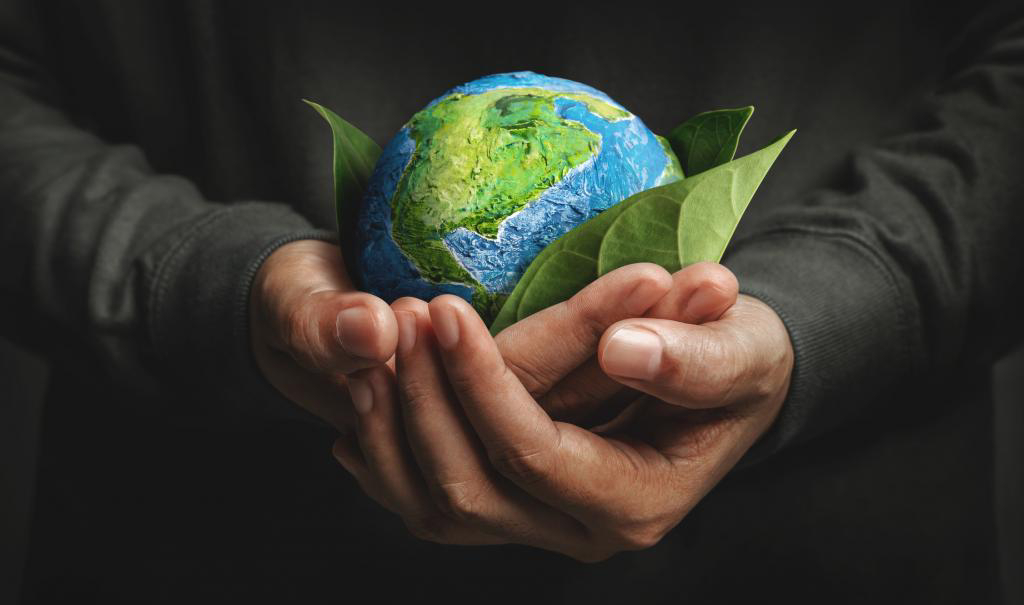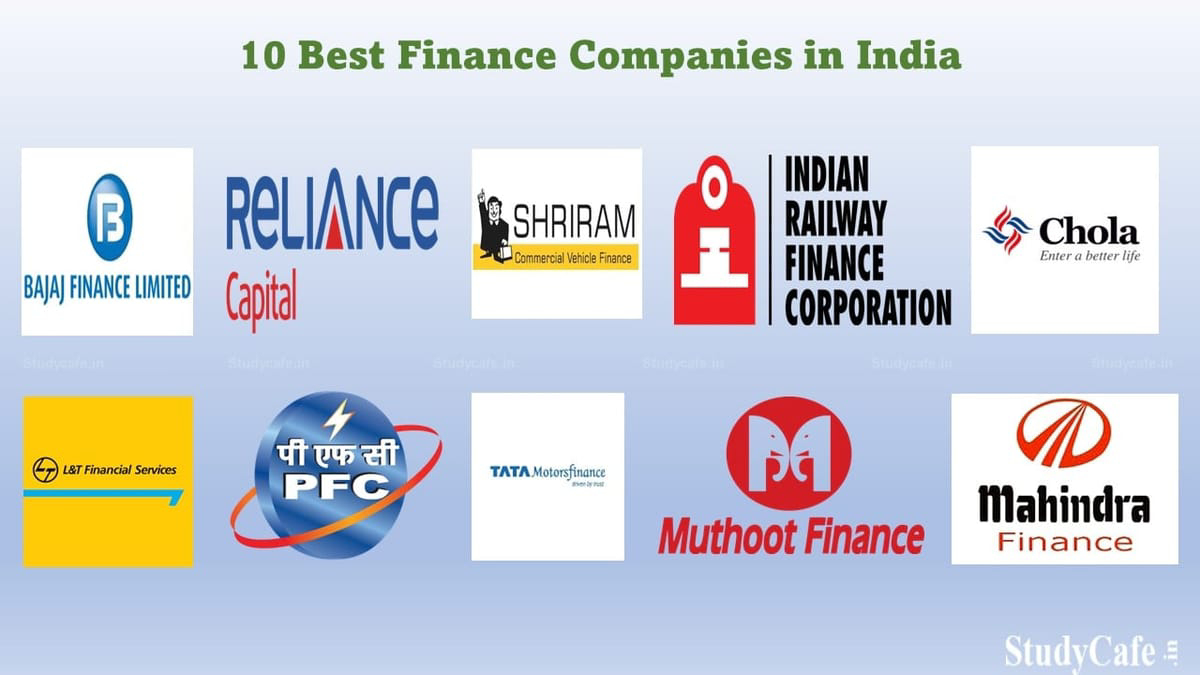Report on Sustainable Development in India
Introduction:
Sustainable development in India is a multi-faceted endeavor aimed at achieving economic growth while preserving the environment and promoting social equity. As one of the fastest-growing economies in the world, India faces significant challenges in balancing development with environmental conservation and social inclusion. This report examines India's progress, challenges, and initiatives towards achieving sustainable development.
Economic Aspect:
India's economic growth has lifted millions out of poverty and propelled it onto the global stage. However, rapid industrialization and urbanization have strained natural resources and led to environmental degradation. The Indian government has initiated various measures to promote sustainable economic development, such as the promotion of renewable energy, investment in clean technologies, and incentivizing sustainable practices in industries.
Environmental Aspect:
India faces numerous environmental challenges, including air and water pollution, deforestation, and biodiversity loss. Climate change exacerbates these issues, leading to unpredictable weather patterns and natural disasters. The government has implemented policies to address these challenges, including the National Action Plan on Climate Change, which focuses on adaptation and mitigation strategies. Additionally, initiatives like the Clean India Mission aim to improve sanitation and waste management practices across the country.
Social Aspect:
Social inequality and exclusion remain significant challenges in India. While economic growth has lifted many out of poverty, disparities persist between rural and urban areas, as well as among different socio-economic groups. The government has implemented various social welfare schemes, such as the Mahatma Gandhi National Rural Employment Guarantee Act (MGNREGA), to promote inclusive growth and reduce poverty. Initiatives like Skill India aim to enhance employability and empower marginalized communities.
Challenges:
Despite significant progress, India faces several challenges on its path to sustainable development. These include:
Population pressure: India's large population puts immense pressure on natural resources and infrastructure, making sustainable development more challenging.
Infrastructure development: Rapid urbanization requires extensive infrastructure development, which often leads to environmental degradation and resource depletion.
Governance issues: Inefficient governance, bureaucratic hurdles, and corruption hinder the effective implementation of sustainable development policies and initiatives.
Climate change: India is vulnerable to the impacts of climate change, including extreme weather events, sea-level rise, and agricultural disruptions, which pose significant challenges to sustainable development efforts.
Conclusion:
India has made significant strides towards achieving sustainable development, but numerous challenges remain. Addressing these challenges requires concerted efforts from the government, private sector, civil society, and citizens alike. By promoting inclusive growth, adopting eco-friendly practices, and investing in renewable energy and green technologies, India can pave the way for a more sustainable and resilient future.
References:
Ministry of Environment, Forest and Climate Change, Government of India
Planning Commission of India
World Bank: India Country Overview




Comments
Post a Comment